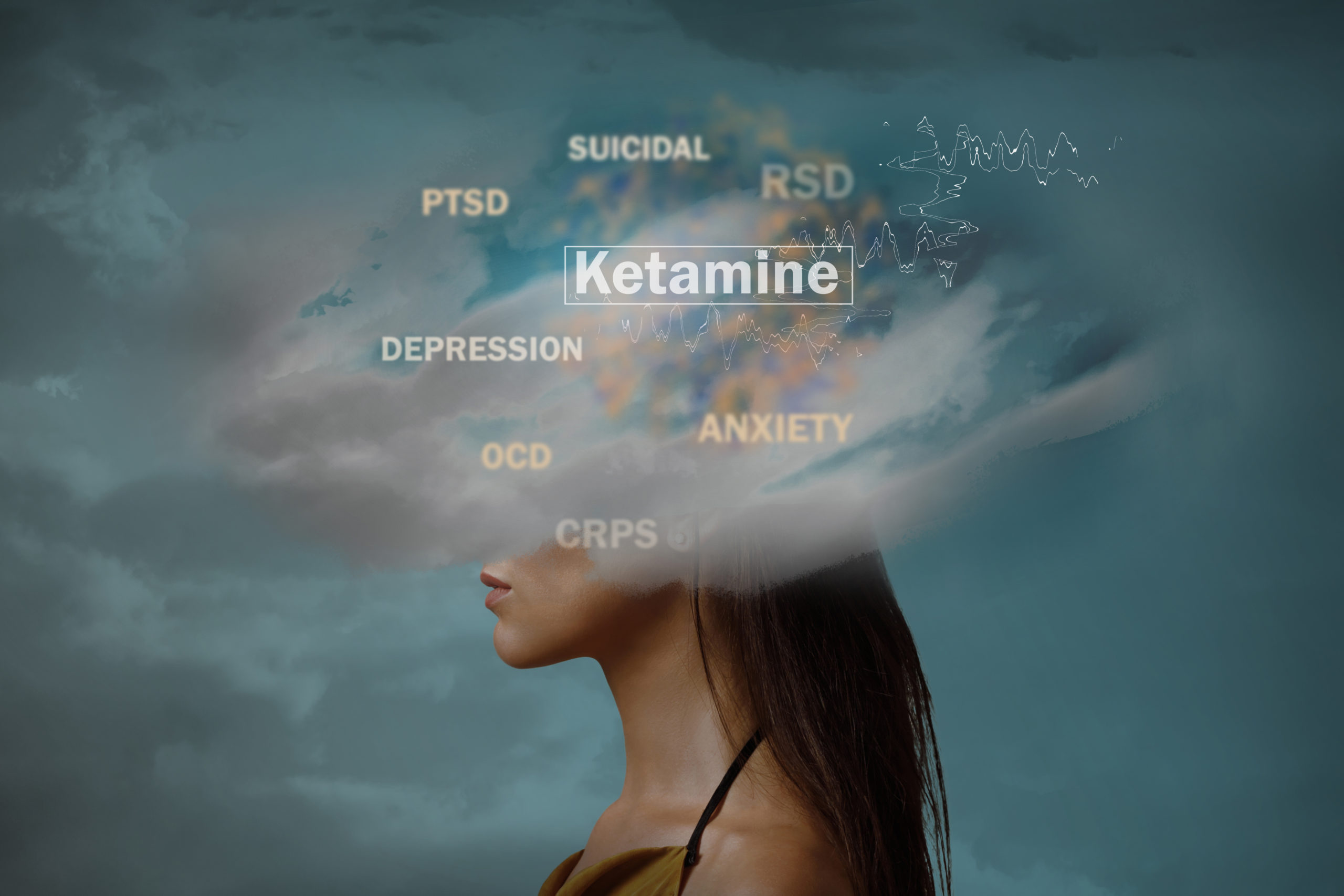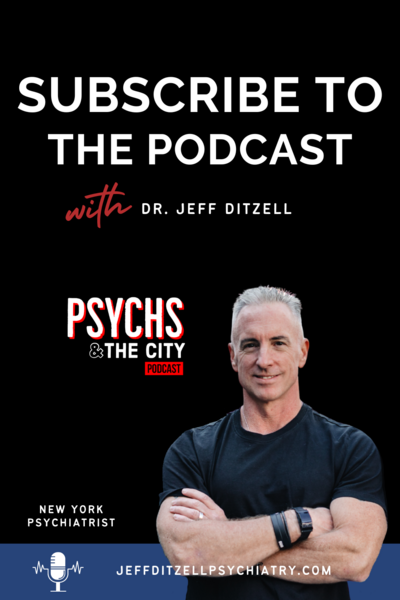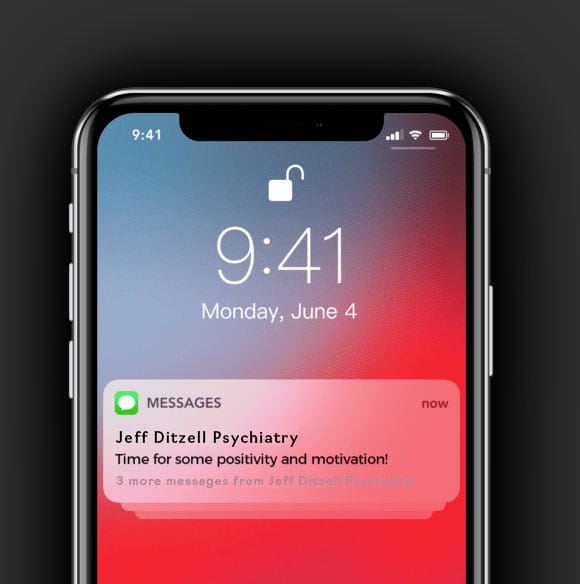
Ketamine infusion therapy is a safe and effective outpatient remedy for treatment-resistant depression. Here’s what you need to know about this promising therapy.
Depression treatment ideally involves a combination of medication and talk therapy. A number of different types of anti-depressant medications are used to treat depression. Doctors typically start a patient out on a drug that they consider to be effective and well-tolerated. If it doesn’t work, other drugs will be tried. Studies show that 40 to 60 percent of people who take antidepressants notice an improvement in their symptoms within a month or two.
However, for some people, medication is ineffective. Some of the risk factors associated with treatment-resistant depression include:
In some cases, what appears to be treatment-resistant depression is the result of other factors, such as:
It can take some time to find the right treatment for depression. Once treatment-resistant depression is diagnosed, ketamine treatment is a promising option for finding relief.
Ketamine is a powerful dissociative anesthetic that was widely used in the 1960s. For over a decade, ketamine infusion therapy has been used for depression help.
Studies by Yale University show that ketamine triggers the production of glutamate, a brain chemical involved in the communication of neurons in the brain. This boost of glutamate makes the brain more adaptable and facilitates the creation of new pathways, making it easier for an individual to develop more positive ways of thinking and behaving. Ketamine delivered intravenously in patients with severe treatment-resistant depression can have dramatic effects. In some Yale studies, 50 percent of participants for whom typical treatments didn’t work experienced a significant decrease in their depressive symptoms within 24 hours after ketamine infusion therapy, which has also been shown to dramatically reduce suicidal thoughts. According to John Abenstein, MD, the president of the American Society of Anesthesiologists, ‘œOutside of the clinic, ketamine can cause tragedies, but in the right hands, it’s a miracle.’ Ketamine infusion therapy, which involves slow administration of sub-anesthetic doses of ketamine, is safe and well-tolerated by most people. Side effects may include drowsiness, confusion, nausea, low blood pressure, and muscle stiffness.
Ketamine treatment isn’t recommended for people with a history of psychosis, uncontrolled hypertension, or acute cardiovascular disease. Women who are pregnant and people who have an active substance use disorder shouldn’t receive ketamine infusion therapy. Before therapy begins, medical history and physical will ensure it’s an appropriate treatment for you.
Ketamine infusion therapy takes place in our office. While you relax in a recliner in a private room, you’ll be hooked up to an IV that administers a small dose of ketamine in a saline solution. The IV is painless since the needle isn’t inserted into the muscle. The infusion takes about 40 minutes. For the duration of the infusion, the doctor and a nurse monitor your blood pressure and other vitals. You’ll remain fully conscious during the procedure. A single infusion of ketamine typically isn’t enough to treat depression. Several infusions over the course of about two weeks produce optimal effects, significantly reducing symptoms of depression in up to 70 percent of people who receive it. Ketamine therapy is most effective when it’s used along with cognitive-behavioral therapy. This type of psychotherapy helps individuals identify dysfunctional patterns of thought and behavior and develop healthier ways of thinking and behaving. If your depression persists despite treatment, ketamine infusion therapy may help. Talk to Dr. Ditzell today to see if it might work for you.

Dr. Jeff Ditzell, D.O. is the lead psychiatrist at Dr. Ditzell Psychiatry with over 25 years experience treating people for Anxiety, Depression, OCD, PTSD, Adult ADHD, Bipolar Disorder, using ketamine treatments, psychotherapy, and so much more.
 Hello,
I'm Dr. D!
Hello,
I'm Dr. D!
At my psychiatry practice in New York Cty, we're focused on giving you a 360 approach to mental health. It's time we end the stigma on mental health.

Each week we'll explore all things Mental Health, Mindset, Fitness, and Psychiatry!
tell me moreYou know what they say “self-care” is the best care. Why not kick off your morning the right way by signing up to receive our positive text messages reminding you to be mindful and encouraging you to conquer the day!
